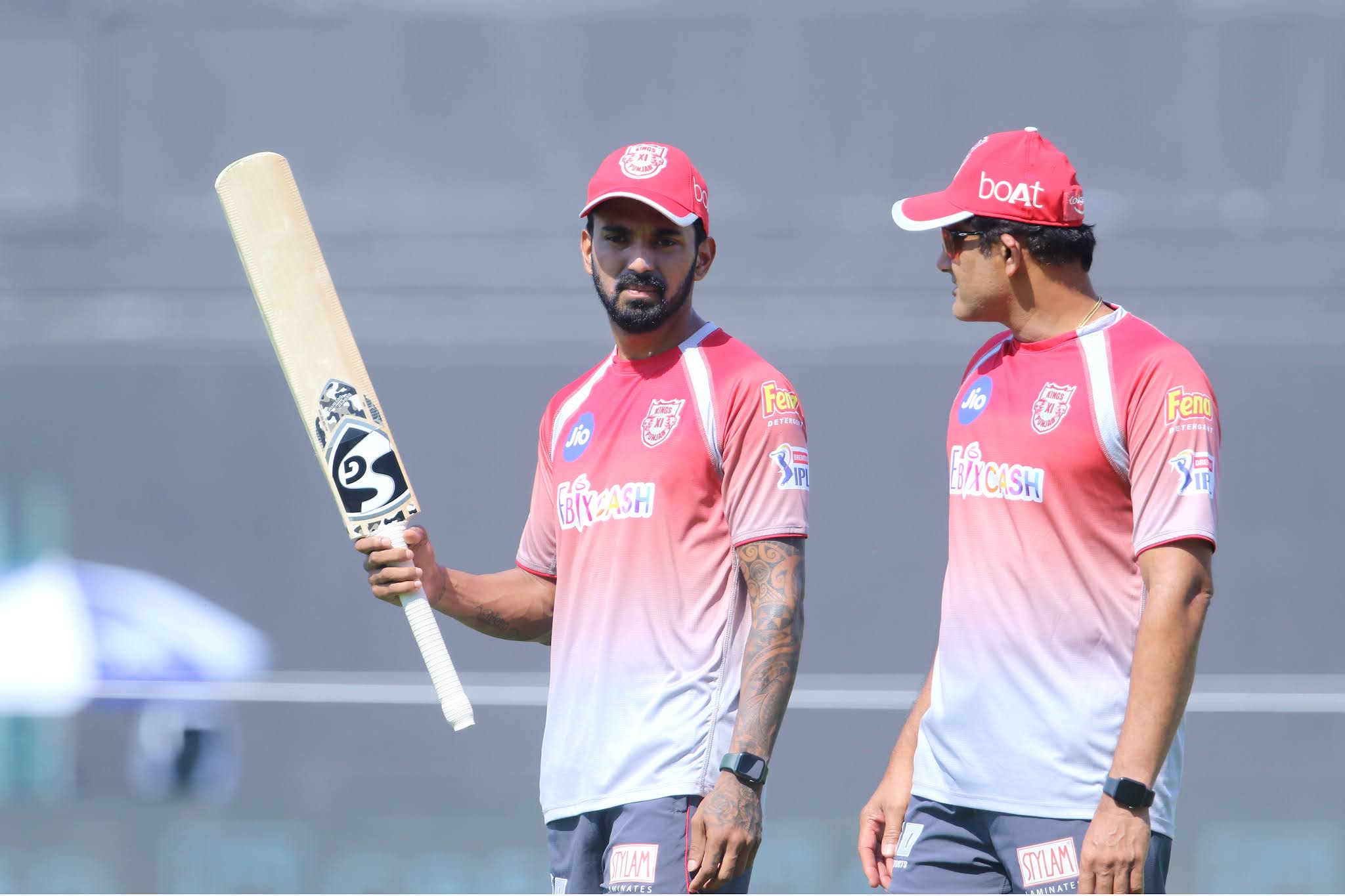 OPINION
OPINIONLike in the TV series - Survivor, the collective IPL tribe has spoken. Four participants remain in the game, and the other four are to pack their bags and leave the party.
This is a really significant moment for all eight participants. For the four who are leaving, it will mean a time of introspection, and as is often the case, it’s a time that many will apply the exact science of hindsight to find reasons, explanations and undoubtedly, some blame for being forced to leave the IPL show early. From owners through management, coaching staff, players, sponsors and fans, many will seek a target upon which to offload their disappointment and frustrations. I’ve been both guilty of doing this, as well as having been the target. The former is ineffective, and the latter can be an unpleasant experience.
Starting at the bottom, Rajasthan Royals have fielded possibly their strongest-ever team with some big-name players over the past three years, during which time they’ve also churned through three coaches to finish 4th, 7th and now 8th. They have every reason to be scratching their heads as they board that early flight home. I have long maintained, which I stated in my book The Barefoot Coach, that when teams hire and fire coaches in quick succession, it’s not the coaches that are the problem but rather the system that’s responsible for doing the hiring and firing.
Seventh-placed CSK have had an incredibly successful run for a long period of time, largely due to their tribe of experienced senior players that have fondly become known as dad’s army. They were also dealt an early blow by starting the season without a stalwart and IPL’s most capped player before the season, Suresh Raina. In recent years, they had a choice to either blood youngsters as part of a succession plan, which might have temporarily weakened their team, or get as much as they could out of the dad’s army, before embarking on a process of rebuilding a new team. With Dhoni saying he is not done wearing the yellow jersey, we can probably look forward to a new look CSK with a balance of old and new. Oh, and there may be value in reassessing this season’s bio-bubble choice of a high-rise city centre hotel, with little outdoor and recreational facilities, over beach-front hotels with more extensive resort-type facilities that other teams chose – and which provided a vastly different experience for the players.
Sixth-placed Kings XI had some significant changes in the leadership this year, which is often associated with a rebuilding phase. Captain Ashwin went to Delhi, the guy who calls himself The Universe Boss joined Kings and the highly experienced Anil Kumble was in his first year as coach. Any significant changes in leadership almost always see a team regressing before consolidating and then bouncing back. This said, since being the runner-up in 2014, Kings have been regular members of the early-flight-home-from-the-IPL club.

Knight Riders were “unlucky” to be knocked down into fifth place due to Sunrisers defeating Mumbai by 10 wickets to leap ahead of them and into the top four. The Kolkata team also went through recent leadership changes which included the introduction of new coach Brendon McCullum, as well as undergoing a mid-season change in captain from Dinesh Karthik to the experienced and calm-headed Eoin Morgan. As mentioned, leadership changes generally take a little time before bearing fruit. Last season, it was known that there were some rumbles within the KKR playing group, and one might guess that these haven’t been entirely ironed out. IPL is a mentally and emotionally draining tournament in the best of times - which would have been made more difficult with the bio-bubble situation. In business, it’s often said that culture eats strategy for breakfast, and it’s documented that happy and engaged people are significantly more productive than unhappy and disengaged people. My experience of coaching thee different teams in seven IPL’s is that this also holds true for this tournament. Having a happy team environment is very important, and one cannot just rely on winning for this to happen.
The four survivors who remain to fight another day have met the first goal, to qualify. Congratulations to these teams.
Amongst the complexity and many nuances of cricket, there are two key advantages that I’d like to highlight for teams going into the qualifying stages. The first is experience and the associated advantage of ‘knowing’ what it takes to play and win finals. One of the single best tools for managing high-pressure situations is experience. In this regard, Mumbai have a clear advantage with three IPL wins in the past five years.
The second key advantage is recent form and the confidence it breeds. In this regard, SRH are clear front-runners having literally obliterated their opponents in their last three outings, and having recorded four victories in the last five games. With RCB having lost their last four games in a row, and DC losing four of their last five, both of these teams will be feeling relieved to be in final stages and will take hope rather than form into the business end of the tournament. Second-placed Delhi’s early-season run of form has long left the house.
I have always avoided making predictions in cricket because it is just too complicated and funny a game to accurately predict. But there you have it, experience suggests that the two best-placed teams going into the finals race are SRH and MI.